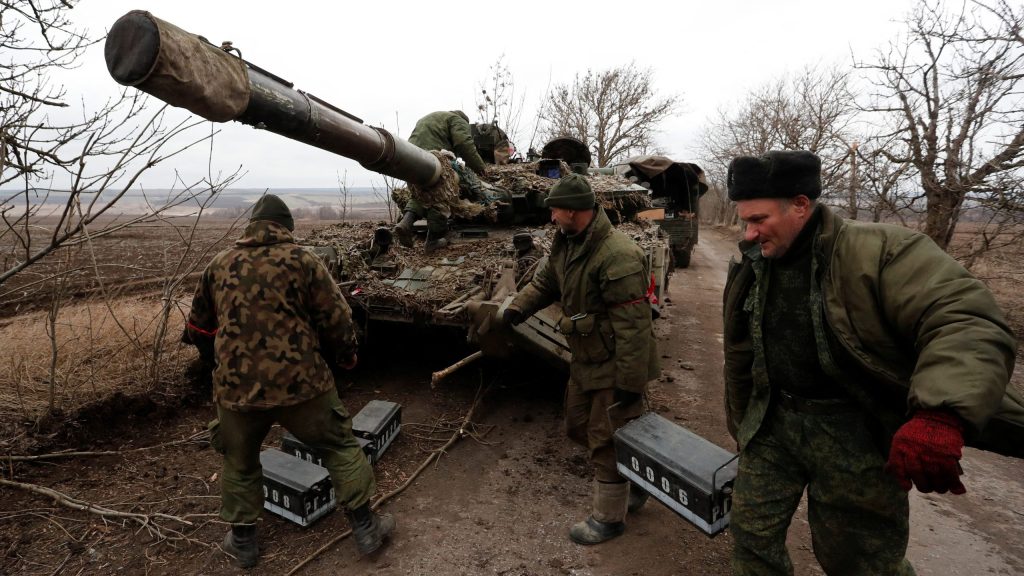Russia’s nuclear rhetoric and the Ukraine war

by Lev Tsitrin
The fear of Russia going nuclear in Ukraine waxes and wanes with the events on the ground, but does not disappear entirely from the media’s radar. One day we hear of Putin dropping a seemingly casual mention of Russia’s nuclear arsenal in a speech — to learn the next day that certain messages have been passed on to Putin to dissuade him from even thinking about his nukes — without telling us what those messages were, of course.
Everyone agrees that it is impossible to get into Putin’s mind. His calculations are murky, we are told — scaring us further with the possibility of a nuclear attack on Ukraine in response to Ukrainian strikes on what Russia declared to be its territory — Crimea and the bridge that links it to Russia, and Ukrainian districts partially controlled by Russian troops which Putin recently annexed. It makes us scared because this would dramatically increase the chance of a nuclear exchange with the West. Needless to say, this psychological pressure is rightly perceived as nuclear blackmail aimed at stopping the West’s arming of Ukraine, thus forcing Ukraine’s submission to Russia — which is Russia’s ultimate goal in this war, after all. The threat of tactical nukes thus serves as a tool of Russian diplomacy.
How real is this threat? Just the other day, NPR broadcasted a segment on this very subject, “Russia’s nuclear arsenal is huge, but will Putin use it?” in which it interviewed a bunch of experts — and predictably, opinions were divided.
What strikes me about such discussions is that the experts tend to lump all Russia’s efforts — the mobilization aimed at stabilizing Russia’s flagging military at front lines, the massive use of missiles and drones against infrastructure targets aimed at making the daily lives of Ukrainians so miserable as to break their morale and beg for cessation of the horror even at the price of capitulation, and the nuclear threat — as a single package, rather than as alternatives that are distinct from (and in a certain way even opposite to) each other.
Yet this is how it looks to me. In the Ukraine war, Putin has to contend with two entirely different populations (apart from Ukrainians themselves, for whom he apparently has nothing but disdain, and who therefore do not enter into his calculus at all) — the population of Russia, and of the West. Reacting to military setbacks with the use of tactical nukes would cause a tectonic shift in relations with the West, and potentially alienate the rest of the world now sitting on the fence — but there would be no need for the hugely unpopular mobilization of the Russians, Which way to go? Whom to challenge? Prior to September 21, Putin was at a fork of the road, it seems to me. He faced a dilemma: should he move the world to the brink of a nuclear catastrophe — or antagonize his own population? That on that day, Putin chose the latter rather than the former, suggests — to me at least — that the use of nukes was considered but shelved, and is not in the offing.
I may be overly optimistic, but I would vote with those who are skeptical of Putin’s nuclear rhetoric, taking it for a tool of his diplomacy rather than for an actual military threat — though my rationale is different: I see Putin’s “partial mobilization” as a step away from a nuclear attack, rather than a step towards it.